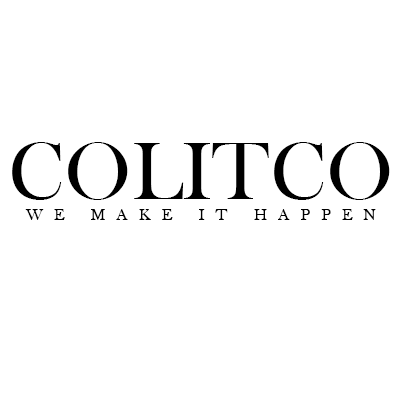Precious metals are part of all our daily lives, whether we realize it or not. From our jewelry to our smartphones, there are tiny pieces of these minerals in so many different things that we rely on. But have you ever stopped to think about where these components come from, and the wider impact your purchases have?
In this short guide, we explain the classification of conflict minerals, detailing what conflict-free minerals are, as well as why we need to be concerned about them.
What are conflict and conflict-free minerals?
The four conflict minerals are tantalum, tin, tungsten and gold.
Whilst many people believe that these resources need to be extracted in the Democratic Republic of Congo (DRC) to be problematic, there are plenty of other conflict hotspots across the world, including Russia and Argentina. Conflict minerals can be used in these countries to support forced labor, armed conflict, corruption and money laundering. This can be seen in the figures: whilst an estimated 20 tonnes of gold are extracted each year in the DRC, the government there only sees around 10,000 ounces officially exported.
In contrast, conflict-free minerals are mined in areas that do not suffer from these human rights concerns.
Impact on the supply chain
As we’ve mentioned, conflict minerals are present in so many of the items that we use daily. Their integration into the supply chain can lead to disruptions in manufacturing and tarnish the reputations of companies who fail to conduct proper due diligence. The ripple effects of using such substances extend beyond mere commodity procurement, as they pose significant ethical concerns and potential legal ramifications.
A long and complex supply chain means it’s often difficult for companies to know if they’re using conflict or conflict-free minerals, unless they’re very careful with their sourcing. By the time that they get to the end manufacturer to be turned into your smartphone, any record of problematic mining may be lost. This means that some companies are unknowingly fueling human rights issues.
Socio-economic impact
As well as funding conflict and corruption, it’s important to understand that the impact of conflict minerals goes far beyond the people who are directly involved. Local communities are forced to live in actively dangerous areas, with the risk of violence ever-present.
The mining of conflict minerals also often involves unsafe working conditions, where profit is prioritized over the health and well-being of the miners. For example, miners may be exposed to chemicals, be at greater risk of hearing loss, injury from machinery, cave-ins and occupational diseases due to diesel exhaust, silica and asbestos. The environment created can also lead to spread of diseases like Ebola, thanks to a lack of proper protective equipment and adequate ventilation.
Furthermore, some mining practices can irreparably damage local ecosystems, ruining the air, water and soil and removing the habitats of many local species.
Sourcing conflict-free minerals
Clearly, there is an issue that needs to be tackled here. So what is being done about it?
In the US, there is a push at governmental level to promote and support conflict-free supply chains, so that companies can feel reassured that they are purchasing their raw materials responsibly. It’s not realistic to expect companies to completely boycott the DRC; they have some of the highest deposits of these raw materials, and many miners rely on the income. So, efforts are being made to support DRC officials to help them improve their transparency when it comes to their supply chains.
Regulations are also being put in place, with section 1502 of the US Dodd Frank Act requiring US listed companies to carry out due diligence on their supply chains if they think that they may be sourcing materials from the DRC. If they find that their material purchases benefit armed groups, they are required to report this to the Securities and Exchange Commission (SEC). Worldwide, the World Gold Council has put in place a conflict-free gold standard to ensure that ethical practices are followed throughout the entire process.
As stakeholders demand transparency and corporate responsibility, the scrutiny over conflict minerals continues to shape supply chain practices and compel industries to take proactive, socially responsible measures for sourcing.











